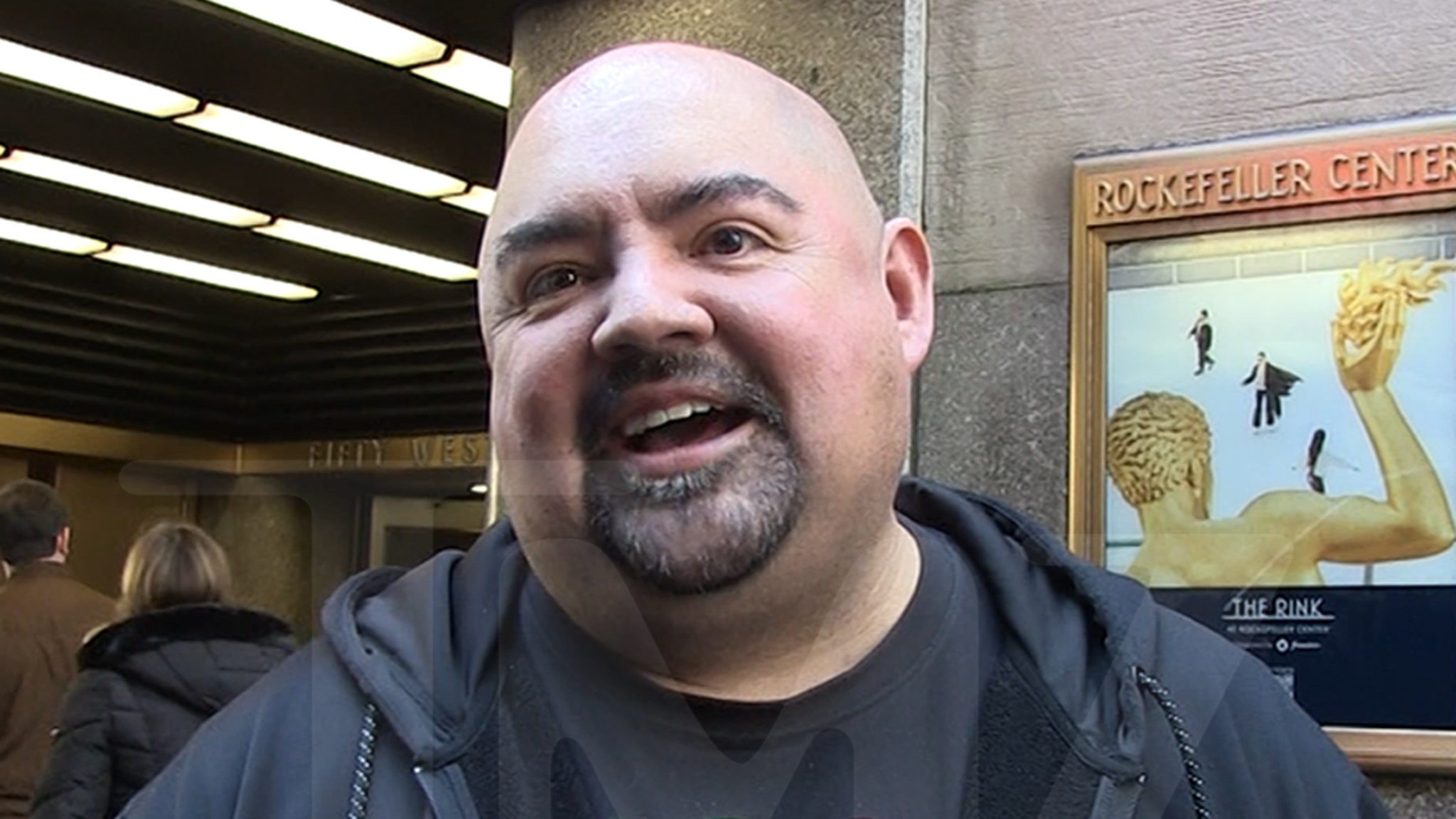Culture
Alexandre Kantorow Rises, With Piano Prizes and the Paris Olympics

On the cover of his latest album, Alexandre Kantorow’s left arm falls back behind a piano bench. A wave builds slowly from his dangled palm, up through the straight line of his bare forearm, and crests around his shoulders before breaking, down through his arched neck and deeply bowed head, leaving, in the wash, his right hand at the keys.
In this strikingly fluid photograph, taken by Fadi Kheir during Kantorow’s Carnegie Hall debut in 2023, he appears first as an unusually relaxed performer in flow. But the image reveals a second character. In the long hair draped messily over the keys, the single left sleeve rolled up, and the sliver of calf revealed between trouser and boot, a bohemian peeks through: slightly unkempt and, perhaps, not easy to tame.
Kantorow, 27, plays with a sound that roars, with depth and clarity. And the classical music industry has taken notice: After winning the Gold Medal at the Tchaikovsky Competition in 2019, and the Gilmore Artist Award in 2023, his career has been on a rapid rise. On Jan. 24, he will make his debut at the Los Angeles Philharmonic, in Rachmaninoff’s “Rhapsody on a Theme of Paganini.”
As the first French pianist to win either the Gold Medal or the Gilmore, he has earned a degree of fame in his home country. Kantorow also gained worldwide notice last summer, when he was seen with a crystal-embellished shirt and fuzzy beard, performing Ravel’s “Jeux d’Eau” in the pouring rain during the Paris Olympics opening ceremony. (After the performance, the France3 channel declared him “heroic and unflappable.”) In November, a reviewer for Le Monde reported that, outside a Kantorow performance at the Philharmonie in Paris, a group of fans stood holding signs that read “cherche place,” or “looking for a seat.”
With his combination of youth, talent, competition pedigree and looks, Kantorow seems a shoo-in for a field that’s always keen to anoint a new star. Yet, in a marked contrast to others his age, his rise has changed little about his everyday working practices. His number of international engagements has increased, and the team around him has grown to accommodate that, but he remains with the same general manager and piano teacher he has had since he was 16. Rather than signing with a major label, he remained with Bis, the small, committed Swedish label that became part of the Apple-owned Platoon in 2023.
“I don’t really like change, and unnecessary change in life,” Kantorow said in an interview in Paris. Robert von Bahr, the founder of Bis, wrote in an email: “He guards his relationships for the long run, and refuses to change himself or his outlooks. Very few artists in his class do that.”
KANTOROW HAS HIS FATHER, the violinist and conductor Jean-Jacques Kantorow, to thank for his early breaks in the music industry. He accompanied him on a 2014 album of French violin sonatas. When Alexandre was 17, his father conducted on his ambitious recording of both Liszt concertos.
Alexandre Kantorow’s parents, however, were concerned that he might fall into music by default — his mother, Kathryn Dean, is also a violinist — and they were wary of overexposing their son. The family moved to Paris from Clermont-Ferrand, in central France, when Kantorow was an infant. Unlike many of the other musicians he would later encounter at the Schola Cantorum in Paris, he stayed in nonspecialist schooling for as long as possible. “Music was a kind of private family thing,” he said, “and it stayed so for a long time.”
This allowed him to cultivate a range of interests, and Kantorow might well have pursued science, particularly astrophysics. He has been regularly praised for his poetic performances; that essential ambiguity comes principally from a world of advanced math built on proofs and beliefs. “Of course, the logical mind is very present,” he said of astrophysics, but there’s also a “kind of faith and mysticism about the big questions of the universe — of where we come from.”
Kantorow’s early piano education focused on discipline. With Igor Lasko, he learned to enjoy the work of detailed practice. When Kantorow was 12, Lasko asked him firmly whether he wanted to work seriously as a professional or remain an amateur. A professional, Kantorow responded, even if he wasn’t totally convinced. “I think the ego kicked in,” he said.
If Lasko brought depth of focus, then Rena Shereshevskaya, the esteemed Russian-French teacher who would eventually coach him to the Tchaikovsky Competition win, brought a breadth of view. In addition to working on the deep-set, long-ringing sound that distinguishes his sound today, they tried various ways of finding profound meaning in score.
“It was J.S. Bach who, synthesizing the musical language that existed before him, created the basis of the modern musical language,” Shereshevskaya said in an email. Her beliefs — that everything in music stemmed from Bach, and that, by using and enriching this musical language, all composers are connected through a kind of universal ur-meaning — may not sit well with modern-day musicologists. But Kantorow nevertheless found the act of searching enthralling. “All her students really feel the motivation and the search,” he said. “You feel that what they are doing always has meaning behind it.”
Kantorow went to Shereshevskaya with the Tchaikovsky Competition in mind. Their training regimen, which they compared to that of an athlete’s, was done with a view to drilling Kantorow’s subconscious. “The best concerts for me are the moments where your brain is quite far back,” Kantorow said. “Suddenly, you disappear, you don’t exist anymore.”
It paid off almost immediately. The first round of the Tchaikovsky Competition was “absolutely terrifying,” Kantorow recalled. “But even if the brain was not helping at all, the body knew a lot of things to do. It still found music inside.”
A FEW WEEKS AFTER Kantorow’s sold-out performance at the Philharmonie, his fellow French pianist Bertrand Chamayou, who is a generation older, performed with the Chamber Orchestra of Europe in the same hall. He played in every piece on the program: Ravel’s Piano Concerto in G; the solo piano part in Gershwin’s Variations on “I Got Rhythm”; and the ensemble parts in two ballet scores, Milhaud’s “La Création du Monde” and Bernstein’s “Fancy Free.” The program had been presented eight times in nine days, in four different countries.
At the moment, it’s difficult to picture Kantorow being as stylistically flexible as Chamayou. He’s taking his time. Andras Schiff once spoke of playing Bach’s “The Art of Fugue” only at age 70, and perhaps the greatest reward for prize winners like Kantorow is the luxury of not touching some repertoire until they are absolutely ready. Kantorow is, for example, uncomfortable performing Bach in public. “I feel it needs a whole balance with the head and heart, this alignment which I, for now, don’t have,” he said.
Kantorow sometimes seems like a pianist from a different era. “In a weird way, I kind of like that classical music is still a special experience where there’s not much else going on other than the sounds of what you hear onstage,” he said. “Of course, there’s opera, but there’s something special at the symphony, the recital or the chamber music concert, when there’s silence everywhere — when you hear music that only comes from instruments directly, not with amplifiers. It’s something about when there’s very much only one sense working.”
Previous Gilmore winners have used its considerable prize money — $300,000, with $250,000 set aside for career-enhancing projects — to support the creation of new work. Aside from a recent concerto by Guillaume Connesson, Kantorow hasn’t had much experience in contemporary music, but he is committed to exploring it. Asked what kind of compositions he was attracted to, he said: “I still believe in harmony very much. It doesn’t need to be tonality, more a sense of the grammar that we built with the ages.” In talking about creating new music, Kantorow gives off the sense that he has barely started on the wealth of older works. He is currently fascinated by Brahms’s early period, having just completed a survey of his three piano sonatas while learning the First Piano Concerto. On one level, Kantorow can identify with what he called “the element of brashness, of risk” and of youth in the bravura of the First Sonata. Yet, in the Second, Kantorow sees Brahms “destroying the form,” wanting “to advance in music, and he will do it in the most immediate way.”
For Kantorow, that sort of immediacy seems to run contrary to his rather artisanal outlook, built on tools, craft and intuition. “The best interpretations are those which feel like they are starting from scratch, with few preconceived ideas of how it’s going to unfold,” he said. “They add things in the moment, and they have an intimacy with their body to achieve this level of risk.”
He is like a potter at the wheel, using the same tools and a touch of flair to make the same beautiful objects, again and again. “We just craft sounds, and shape them with the right timing,” he said. The rest may follow.





























